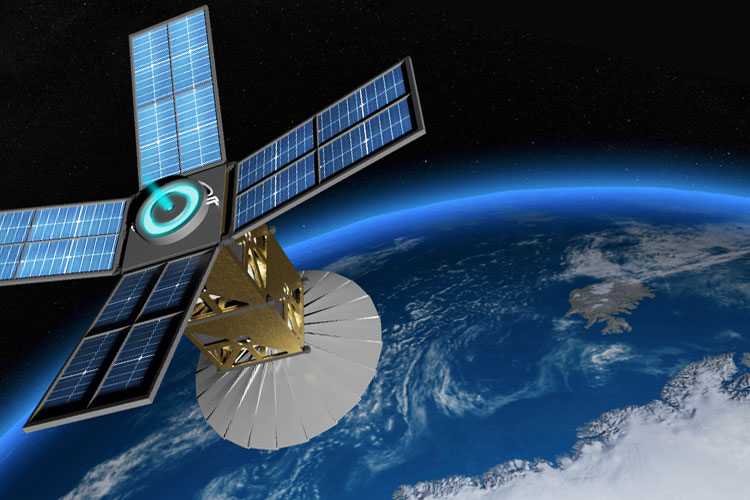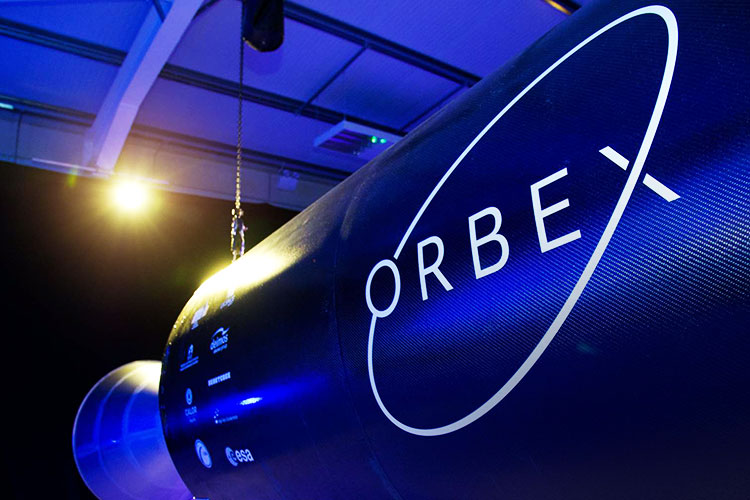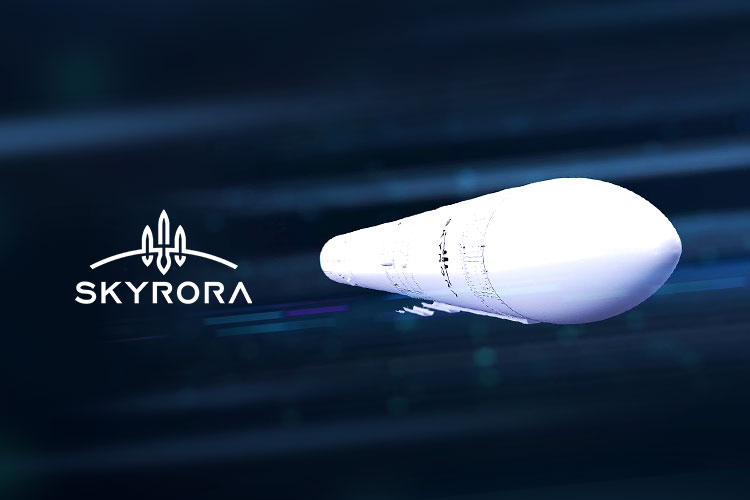Ecometrica, Orbex, & Skyrora: Top UK companies helping to fight climate change
9th Aug 2021
The need to fight climate change is becoming ever more pressing as the number of forest fires, droughts, floods and other natural disasters keeps growing. Scientists associate these challenges with global warming and search for ways to help prevent climate change. Lockdown during the Covid 19 pandemic gave the planet a short respite, but it could only slow down the global warming process. Along with a gradually recovering economy, greenhouse emissions are also returning to their previous levels. The Earth’s temperature is growing correspondingly.
As part of the fight against climate change, the leading countries have agreed to reduce greenhouse gas emissions to alleviate the consequences of human industrial activities on our home planet. We will describe how several UK space companies contribute their share to fighting climate change.
British Small Satellites Guard the Planet & Fight Climate Change

Over the past ten years, the UK space industry has shown an increase of 60%. The most developed satellite sector has brought the British economy over £300 billion. The figure is not surprising because Scotland produces more small satellites than the rest of Europe combined.
These are mainly meteorological and Earth Observation satellites. The first ones help predict the weather, while the latter conduct optical or radar surveys of the Earth’s surface. The obtained data is analysed, processed and applied in various areas such as agriculture, geology, forestry, transport, logistics, hydrology, state security and fighting climate change.
Ecometrica Fights Deforestation

Scottish Ecometrica is one of the world’s leading satellite data analysis and processing companies, constantly searching for ways to help tackle climate change. For over 12 years, the company has been pursuing a very specific purpose – to preserve and, if possible, improve our planet, which involves finding ways to help prevent climate change. To this end, Ecometrica’s experts create high-tech environmental monitoring solutions that work through simple web interfaces and make ecological evaluation accessible to all sorts of companies.
Ecometrica’s Ecosystem mapping platform monitors 300 million hectares of rainforest, covering over half a billion tonnes of CO2. Today, this is one of the best carbon management tools for combating deforestation, fighting climate change, and delivering the most up-to-date and accurate information from Earth Observation Satellites.
Orbex Space Makes the First Low Carbon UK Rocket

Orbex Space, another company with a facility in Scotland, is developing an ultralight Prime rocket that will supposedly run on greener fuel.
According to the company the rocket fuel emits 90% less carbon when burned. Finally, the rocket’s first stage will eventually be reusable – the tech similar to already functional solutions from Space X and Rocket Lab and one of the ways to help tackle climate change.
Orbex Prime will have up to 180 kg satellite payload capacity into polar orbit. The first launch is scheduled for 2022.
Skyrora resolves space debris problem & uses fuel made from recycled plastic

In just three years of its existence, Skyrora, a young aerospace company from Edinburgh, Scotland, has achieved impressive results in rocket building. Today, it has a whole series of Skylark suborbital rockets for scientific and educational purposes, as well as orbital launch vehicles Skyrora XL and its innovative Space Tug.
With the help of the Space Tug, Skyrora hopes to fight the space junk problem – broken satellites and debris orbiting the Earth at high speeds. The problem of space debris in near-earth orbits is dangerous for several reasons:
- An abundance of spacecraft can cause Kessler’s syndrome – trigger a chain reaction of collisions, which could result in the destruction of every launched vehicle. And then Earth Observation will become impossible.
- Debris falling to the ground may not completely burn up in the atmosphere and cause damage to people, nature, or buildings.
In the latter aspect, the problems of space debris and the fight against climate change are interdependent, as the rise in the carbon dioxide emission levels in the upper atmosphere decreases its density. This, in turn, means that space debris may not fully burn up on their descent.
Skyrora Space Tug will not only remove space debris from orbits but also maintain active satellites, thus increasing their lifespan.
The company have also developed a fuel that is made from non-recyclable plastics called Ecosene. Not only will this help prevent tonnes of plastic going to landfill, but it will also reduce dependency on fossil fuels. The fuel used by Skyrora also has significantly reduced carbon emissions.
No doubt, modern space technologies can increase humanity’s and our planet’s safety, offering functional ways to help tackle climate change. That is why all aerospace companies should pursue these capabilities and search for ways to help prevent climate change. One needs to understand that unless we fight climate change, space flights will simply become impossible and our planet’s future outlook will undoubtedly be less bright.






Thank you for your comment! It will be visible on the site after moderation.